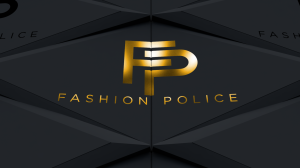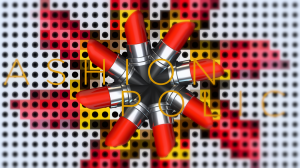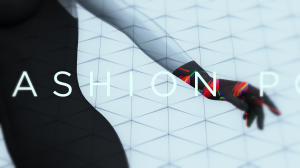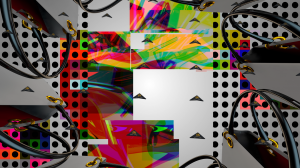 In the 1940s and 1950s, broadcast television design was very much influenced by art and art movements, popular culture and innovation. Design teams contributed to what Professor of Television Lynn Spigel has called the modern taste wars. Television, in its own mass appeal way, crushed distinctions between high and low art, brought together themes from museums and the streets, and blended new visual experiences altogether into American living rooms. Networks hired renowned pop art and graphically-inclined artists, wanting to project scale and “good taste” to audiences. Early TV pioneers knew the power of television: not only was it a storyteller, capturing and speaking to the American collective consciousness, but it’s also a visually dense medium that has the ability to tap into emotions and engage the senses.
In the 1940s and 1950s, broadcast television design was very much influenced by art and art movements, popular culture and innovation. Design teams contributed to what Professor of Television Lynn Spigel has called the modern taste wars. Television, in its own mass appeal way, crushed distinctions between high and low art, brought together themes from museums and the streets, and blended new visual experiences altogether into American living rooms. Networks hired renowned pop art and graphically-inclined artists, wanting to project scale and “good taste” to audiences. Early TV pioneers knew the power of television: not only was it a storyteller, capturing and speaking to the American collective consciousness, but it’s also a visually dense medium that has the ability to tap into emotions and engage the senses.
In the 1970s, motion graphics operationalized “taste” culture and art into its larger brand. Graphics and technology became a tool to create identities and compelling ways for audiences to experience a television brand.
With this sort of active art legacy, we already have a throughline into art and popular art movements. That’s why we’re so loving broadcast design that looks back to the roots of art and television while thinking forward. We’ve partnered with E! on many occasions; most recently, for one of its popular series “Fashion Police.” In the show open, the chaos of abstract expressionist and pop art blends with fashion and awards season. We love playing with the legacy of television, sharing so much rich history and inspiration along the way.



